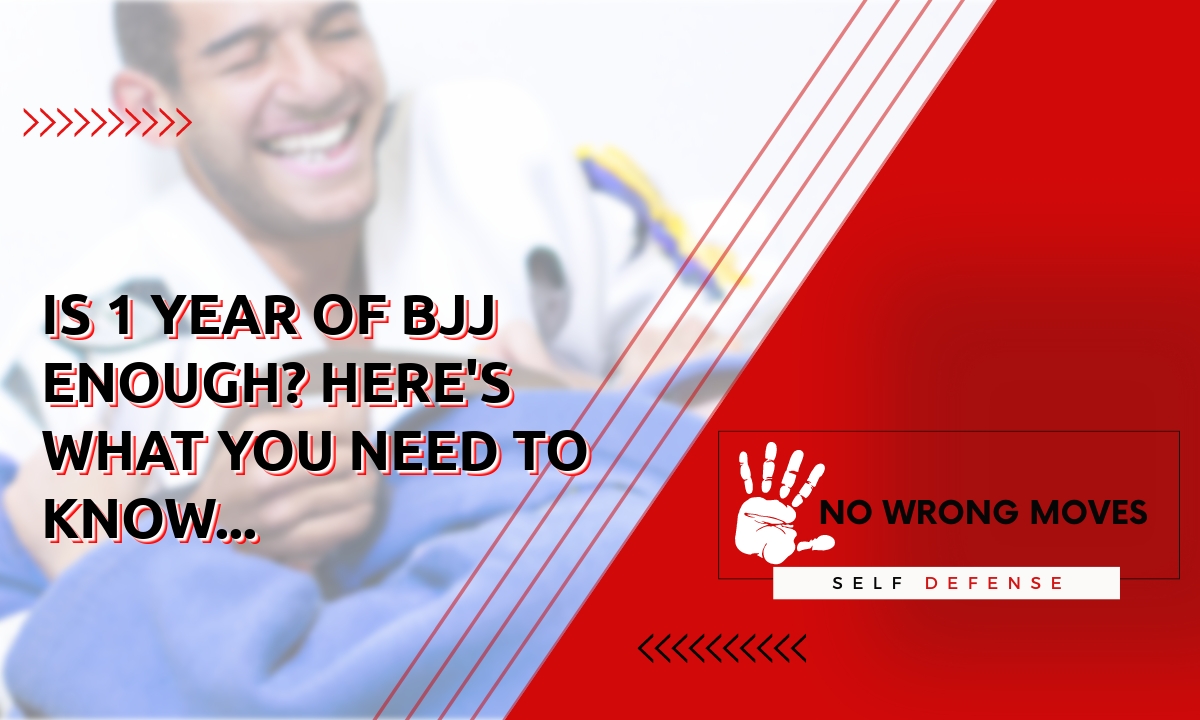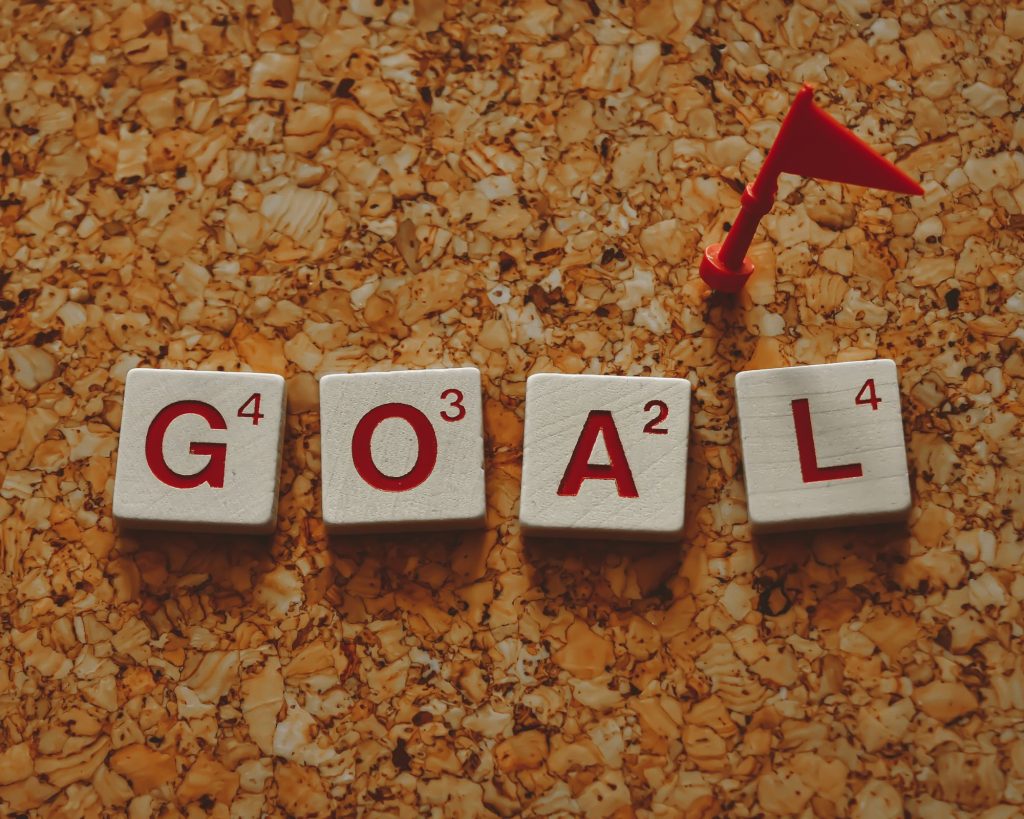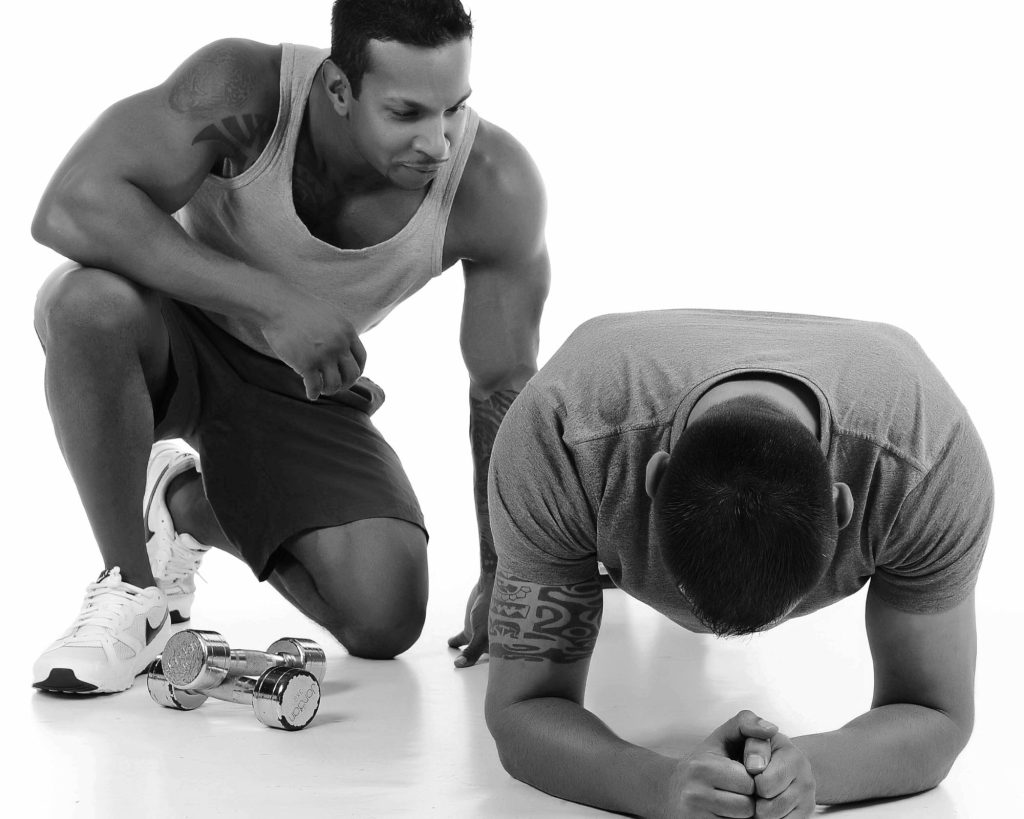
The amount of drilling, learning, and rolling in BJJ can be pretty overwhelming to a lot of people. It's no secret that this martial art is a lot more technical than others.
While this is something that attracts some individuals, it can also push away many who are looking for a less complicated experience.
A good cut-off tends to be just how much can be accomplished after one year of training. Many find that if they can get to a reasonable level of proficiency, then they will still give the sport a try. If they can spend a year without actually accomplishing much though, then they may look elsewhere.
Today, we'll be looking into just how much you can accomplish in one year of BJJ, and whether one year is even enough to get good at it.
What Can You Accomplish in 1 Year of BJJ?

The first few months of BJJ are notoriously difficult, and they will arguably be a deciding factor in whether you'll stick to the sport or not. It's during this time that you'll figure out if BJJ is right for you.
If you do decide to stick it with though, then great! You'll be understanding the basics, getting a good grasp of the fundamentals, and starting to develop your game.
Different partners will provide you with all sorts of challenges, and you'll learn how to adapt to your opponents' strengths and weaknesses, taking into account their size, strength, skill, form, endurance, among others.
You won't be accomplishing too much at this stage yet, but that's okay. Making sure you fully grasp the basic principles of BJJ, like proper posture, leverage, and weight distribution, will allow you to eventually make real progress later on down the line.
You won't just be looking at your physical accomplishments though. There'll also be lots of mental training and conditioning: you'll learn stronger discipline and focus, and you'll be spending lots of time developing muscle memory and improving your reaction time.
After several months of consistent training, you'll notice a stark improvement in your overall performance. Your movements will be more methodical and your technique will be more refined. If you've been keeping your diet clean, you'll probably also notice that you've lost some weight!
You won't be able to adapt to every position yet, but some of the most common ones will be easily recognizable to you, and you'll have counters for them.
In this period, pay special attention to drilling and conditioning, as well as refining your form and movements. You can never lose sight of the basics in BJJ, as they'll guide you for the entirety of your journey.
Overall, if you're worried that a year in BJJ won't be enough to make decent progress, then rest easy--so long as you can put in the time and commitment, of course!
But one year is definitely more than enough time to accomplish lots and attain a good chunk of your goals. Although unlikely, you might even have a chance at nabbing a blue belt. You'll still be a novice, of course, but you'll have achieved much in spite of being one.
Can I Compete With Only 1 Year Of Training?

Yes, you absolutely can compete with only one year of training! In fact, this is even encouraged! You should compete whenever you'd like, provided your instructor thinks you're at a level where you won't hurt either yourself or your opponent.
It's not unheard of for jujitsukas to sign up for competitions in spite of having only one month of training. They typically get massacred, of course, but hey, we just said they could compete. We didn't say they'd do well!
A healthy time to enter your first competition though would be about six to nine months into your training. This will ensure you've really got a good handle of things already, and you'll save yourself the embarrassment of making amateur mistakes, in case that bothers you.
Regardless, your ego is something you'll need to let go of. You will most likely lose these competitions, but they're a great way to figure out just where you stand in your training, what your weaknesses are, and what different fighters are capable of.
Later on, you'll find it much easier to adapt to your opponents' different styles and be able to recognize and counter different maneuvers. Of course, you can also learn all of this through normal training in your dojo, but actually competing somewhere just adds a unique kind of thrill to it all!
So if you can, try asking your coach about any amateur events or competitions happening soon, preferably ones involving mostly less-experienced jujitsukas. You'll gain valuable insight and learn how to be comfortable with competing, without putting too much on the line.
Tips To Make The Most Out Of Your First Year In BJJ

Join Competitions
We've just mentioned this, but it's worth repeating again: join competitions. They're a great way for you to improve overall. They help bring out the best people, and you'll be able to roll feeling like something's actually on the line.
Read Books and Attend Seminars
There are also always options for those willing to go above and beyond in their studies, reading books and attending seminars being foremost among them.
There's a vast wealth of resources available on BJJ for anyone who's willing to read up on it. Though you won't be able to practice them without a partner, just visualizing the moves and focusing on what your opponent can do will still do wonders.
And for what it's worth, they don't have to be books either. You can watch videos online too. Just like with books, you'll find very many eager YouTubers who are willing to share their knowledge and experience on BJJ. It's a more informal way of learning, but it's no less effective.
As for attending seminars, remember that, although you should always trust your instructor, he isn't the be-all end all authority on BJJ. You'll gain a ton of insight by listening to other people who are experts on the sport, and you'll be able to compare your instructors' teachings with theirs.
You might even catch on to things that your instructor never taught you, since different cultures and different teaching styles exist from one dojo to the next.
Warm Up Properly
Also be sure to never neglect your warm-up! This is a common error amongst newbies who are either overeager or just don't see the merit in a bit of preliminary stretching.
These warm-ups are necessary for getting your body into the proper zone for rolling. Without them, you'll likely perform poorly at best, or get injured at worst.
Be Consistent
And last but not least, be consistent with your training. This is arguably the number one deciding factor on how well you'll perform in BJJ, even going beyond your first year.
BJJ is a sport that requires commitment and discipline. Going to your dojo only whenever you feel like it just won't make the cut. You should be going about three times a week as a newbie, and then transition to five or six times a week once you've gotten the hang of things.
If you can't get that consistency right, then your performance will suffer drastically. But if you do manage to put in the time and effort every week though, then you'll find that results will come naturally to you.
Conclusion

One year of BJJ is absolutely enough to attain a novice-level understanding of the sport. You'll learn about the basics and fundamentals, and you'll get tons of experience with live rolling.
But it won't be enough for you to attain mastery. You'll need to put in a heck of a lot more hours for that--years upon years' worth, in fact. Thankfully, a sport as fulfilling as BJJ is almost always worth it.
We know you were curious about what you can do after one year of BJJ, but what about three? Will that be enough to get you one of the coveted black belts? We tackle that and more here!
[author-box-jpx-fitness]
